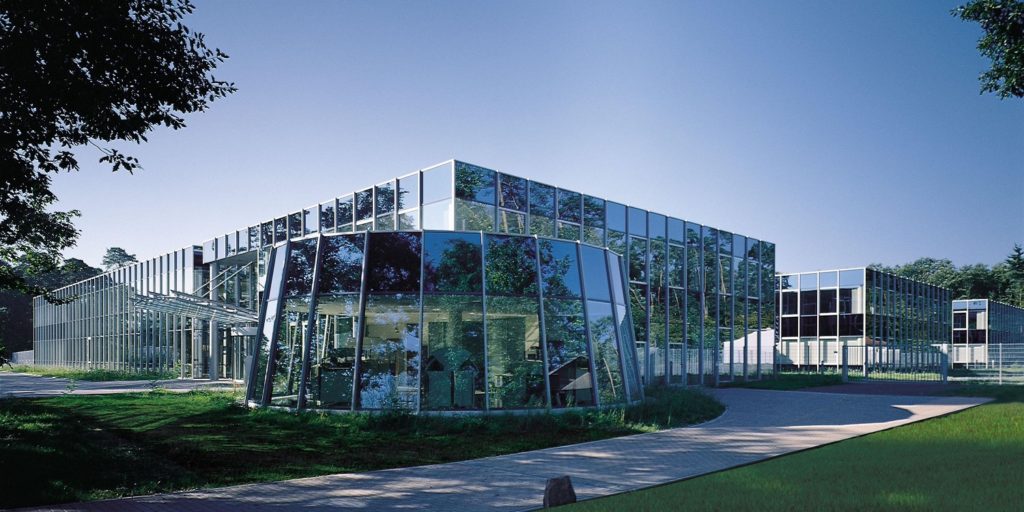German solar tooling provider Singulus Technologies has announced the start of a second phase of its joint research project with the Solar Energy Research Institute of Singapore (SERIS) at the National University of Singapore (NUS), to discover more cost-effective methods of producing heterojunction cells.
The collaboration is set to last 18 months and the results could foster the GW scale roll out of heterojunction cells – a promising candidate for highly efficient solar cells, with mono and bifacial applications.
Prof Armin Aberle, SERIS’ chief executive, said: “Solar energy is the most accepted renewable energy source for the future. City states like Singapore don’t have much space and thus need to focus on high-efficiency technologies. Heterojunction solar cells have been a niche market so far, due to their complex fabrication process and consequently higher investment costs. This research has the potential to be a game changer, by significantly lowering the manufacturing costs of high-efficiency solar cells and thereby reducing the LCOE of renewable energy in urban environments such as Singapore.”
Silicon-based heterojunction (Si-HJT) solar cells have been a hot topic for cell manufacturers in recent years and have achieved a record efficiency of over 26%. By replacing highly recombinant active contacts with amorphous silicon (a-Si:H) a few nanometers thin, impressive results can be achieved.
Phase one of the Singulus-SERIS research consisted of a proof of concept to use an inductively coupled plasma source for cell production. After establishing the feasibility of that approach, the two partners agreed on a research phase to establish cost-efficient manufacturing processes.
Dr. Marco Huber, Product Manager for PECVD at Singulus, says: “We are delighted to team up with SERIS for this challenging task. In many discussions with customers we have learned that the industry is seeking cost-effective, novel solutions for this decisive process step. The broad process expertise, combined with the institute’s outstanding analytical capabilities, make SERIS a powerful partner in developing the innovations required to advance heterojunction solar cells to mass production level.”
Both parties will join forces to conduct further studies on heterojunction cell fabrication using the Singulus ICPECVD pilot production tool for amorphous silicon (a-Si) layers. The work packages include a proof of concept for an economic PECVD mass production tool as well as further development of TCO layers.
Dr. Thomas Müller, SERIS’ Head of Heterojunction Cell Development, said: “Singulus Technologies is a strong industrial partner for SERIS, with a proven track record in high-tech tool manufacturing sectors – like high-capacity storage, semiconductor and solar – by implementing novel and effective manufacturing concepts in cost-effective packages. SERIS is adding its longstanding expertise in heterojunction device structures to develop the processes on the new platform, so that the PV manufacturing industry has a short learning curve when deploying the new platform.”
This content is protected by copyright and may not be reused. If you want to cooperate with us and would like to reuse some of our content, please contact: editors@pv-magazine.com.




1 comment
By submitting this form you agree to pv magazine using your data for the purposes of publishing your comment.
Your personal data will only be disclosed or otherwise transmitted to third parties for the purposes of spam filtering or if this is necessary for technical maintenance of the website. Any other transfer to third parties will not take place unless this is justified on the basis of applicable data protection regulations or if pv magazine is legally obliged to do so.
You may revoke this consent at any time with effect for the future, in which case your personal data will be deleted immediately. Otherwise, your data will be deleted if pv magazine has processed your request or the purpose of data storage is fulfilled.
Further information on data privacy can be found in our Data Protection Policy.